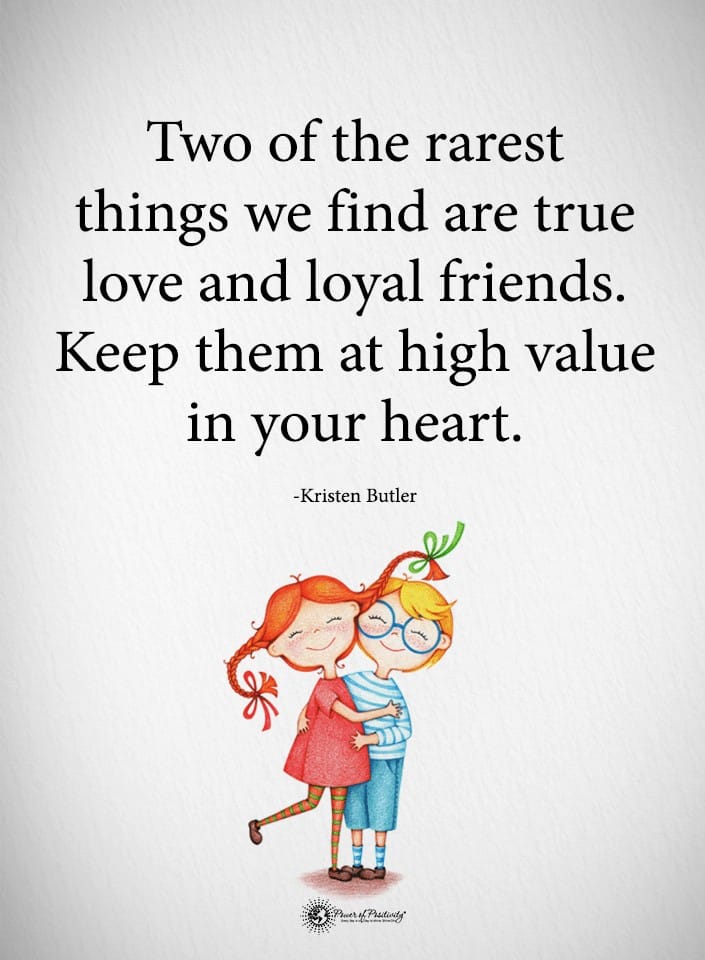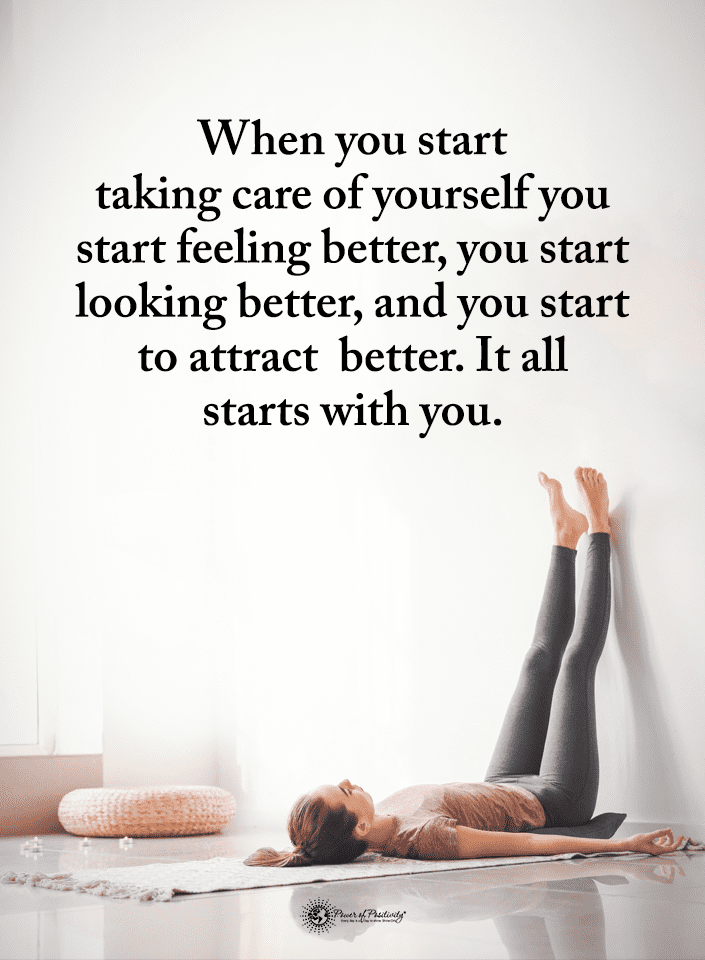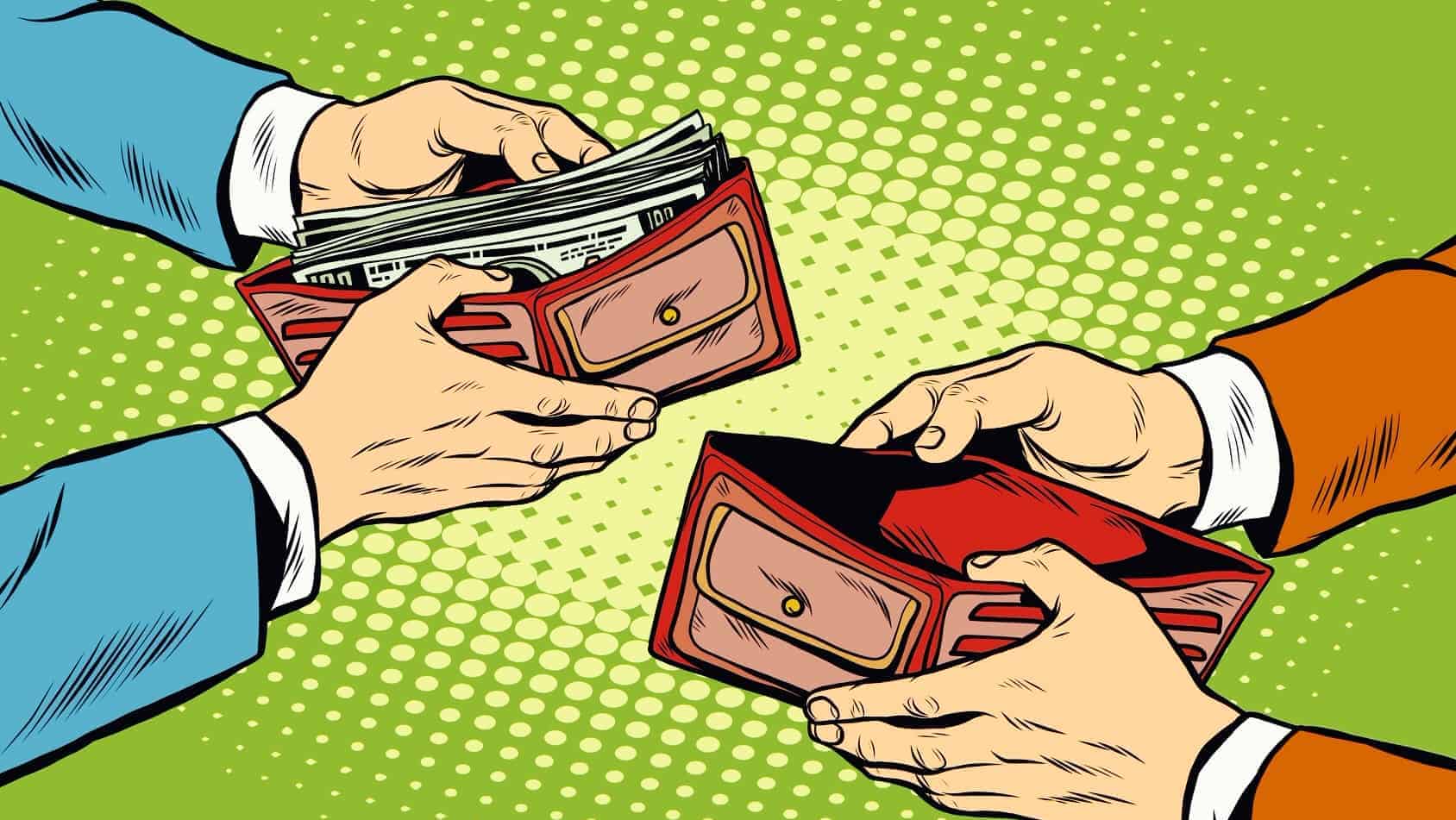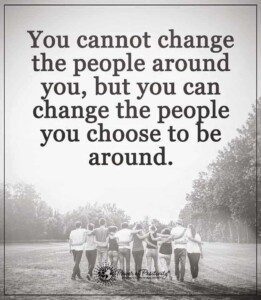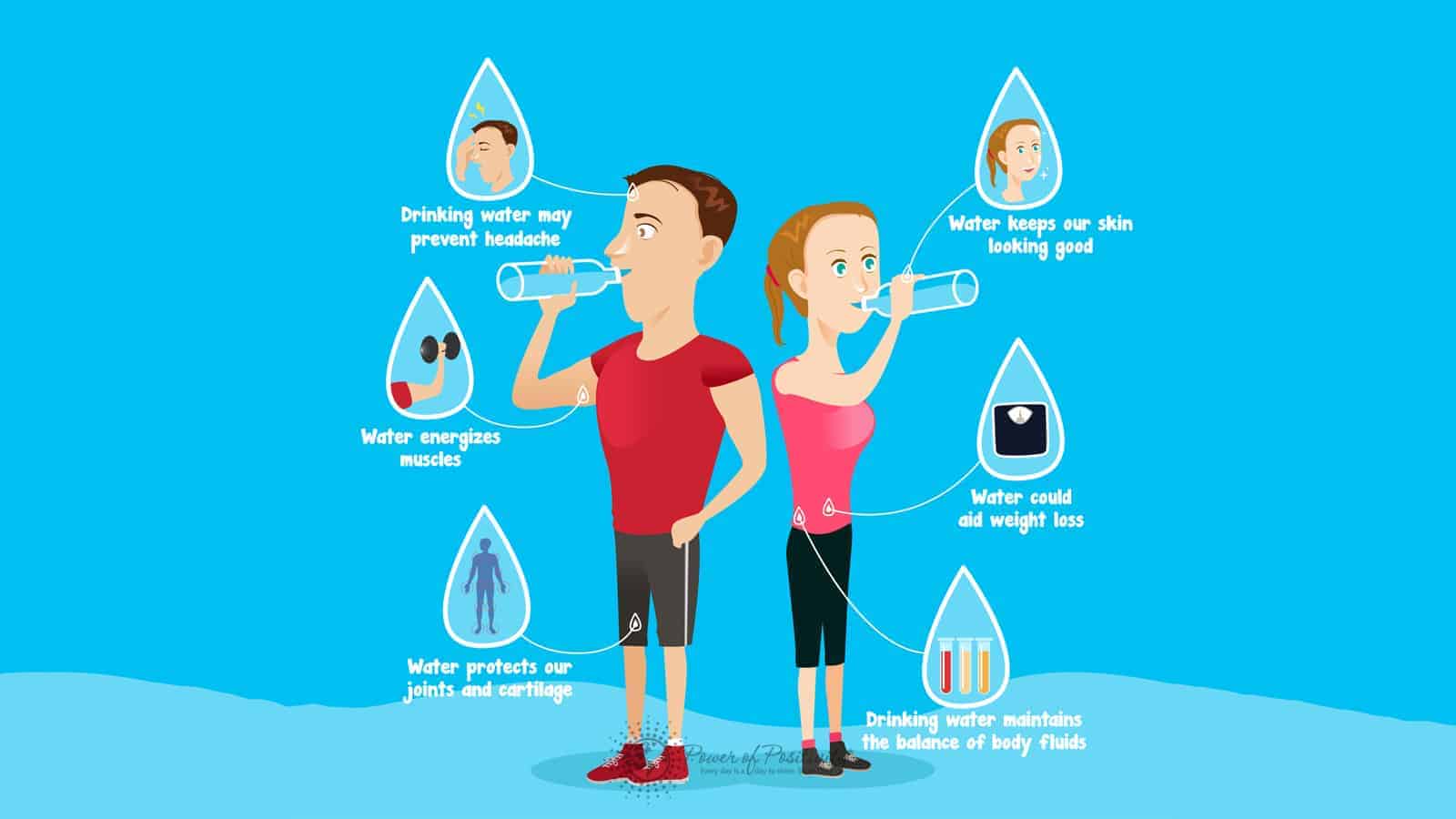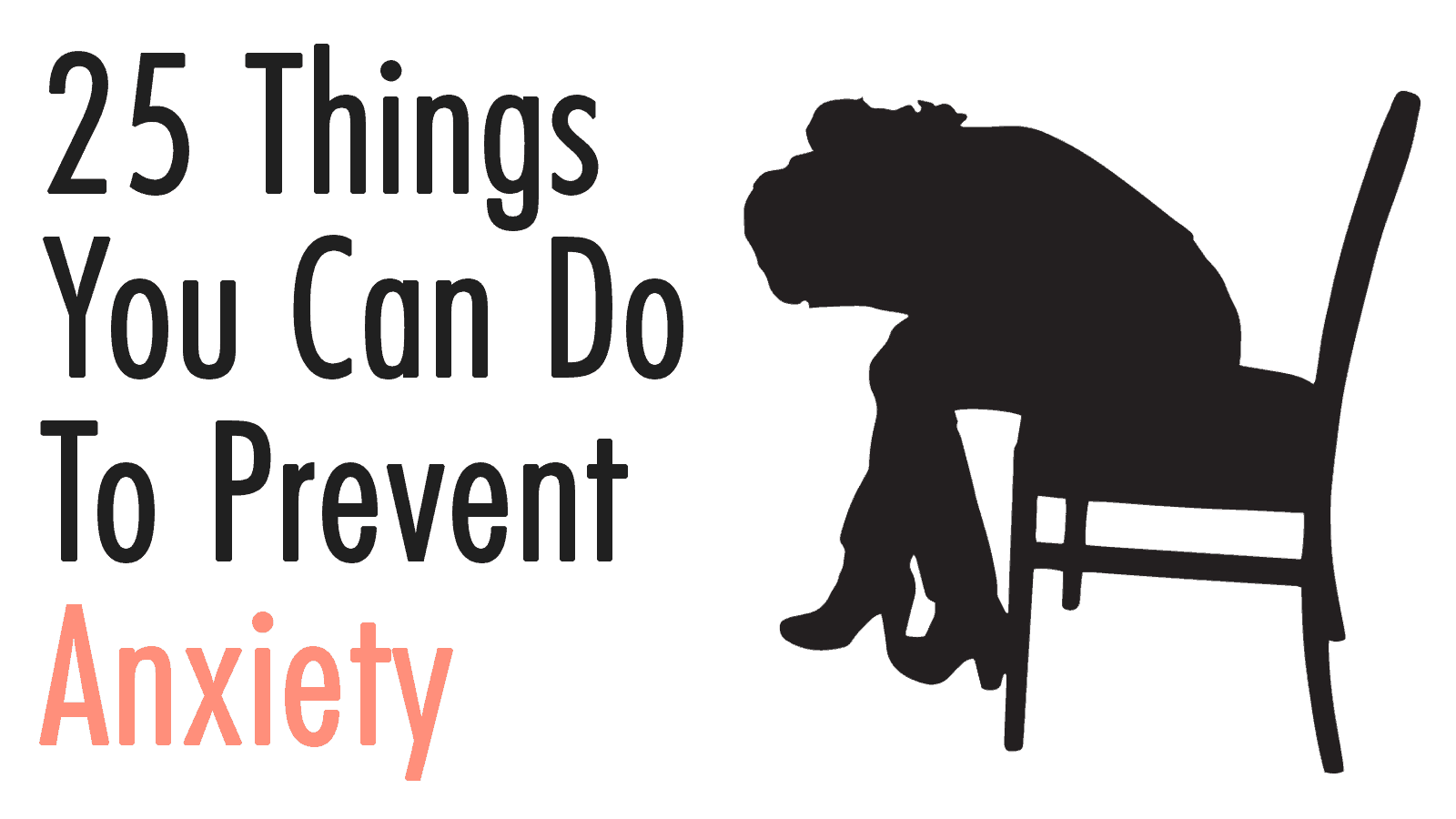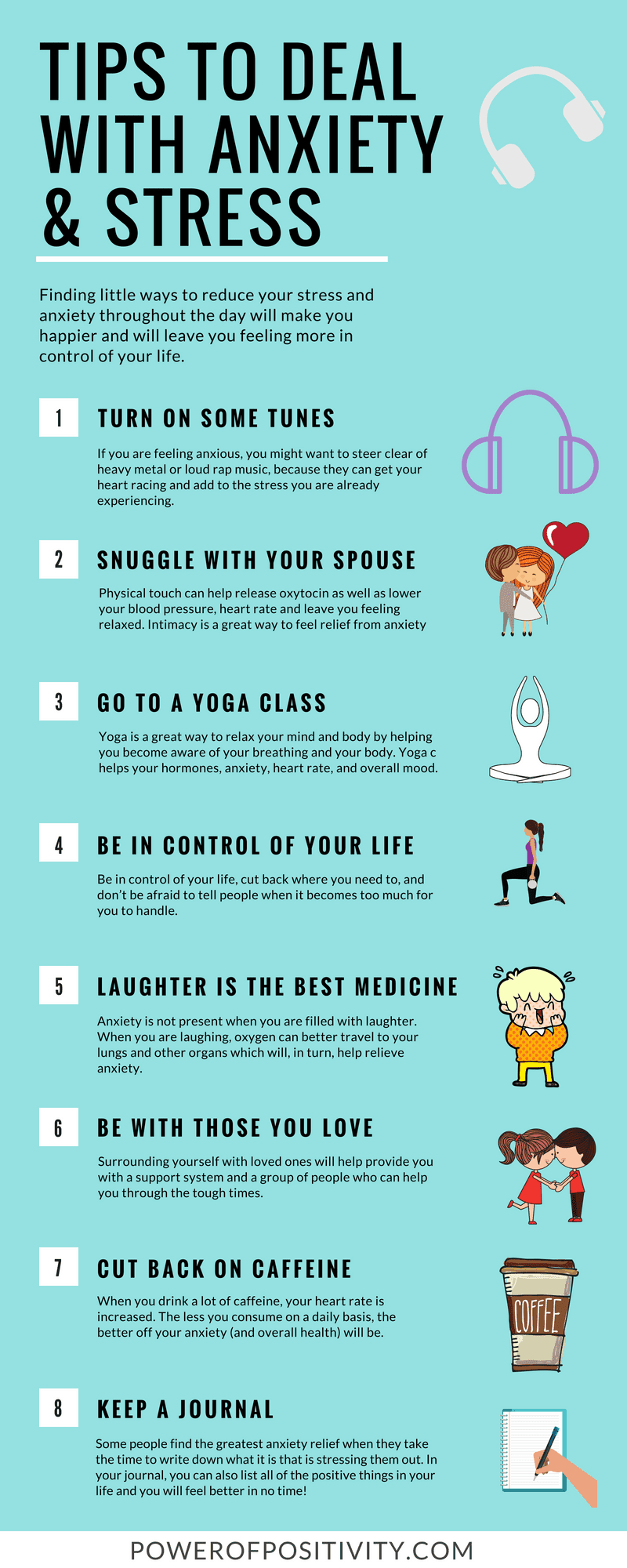Practicing gratitude is being thankful with intention.
Let’s discuss what we mean by “practicing gratitude.” It’s very simple and straightforward. Practicing gratitude deliberately bringing to mind things in your life for which you are thankful.
Some people choose to meditate on gratitude. Some take a few minutes to bring to mind life’s gifts. Others enjoy writing, so they keep a gratitude journal. Still others, like yours truly, take a few minutes in the morning and list three to five things they’re appreciative of. They keep the list on their desk for the day. (A list like this can help to remind yourself of the good things in the middle of a hectic day.) In short: it’s up to you how you want to practice gratitude.
“Why should I practice gratitude?”
Alex Korb, Ph.D., in a piece called “The Grateful Brain,” discusses the conclusions drawn from a 2003 study:
…researchers assigned young adults to keep a daily journal of things they were grateful for. They assigned other groups to journal about things that annoyed them, or why they were better off than others. The young adults assigned to keep gratitude journals showed greater increases in determination, attention, enthusiasm and energy compared to the other groups.
On this note, please understand that gratitude is not about contemplating the disadvantages of others. Some people like to throw out statistics about poverty, hunger, or homelessness as if to instill some sense of guilt. This might serve a purpose, especially if it urges someone to do something to help improve the lives of the disadvantaged. Gratitude, however, has a different focus. Gratitude is more about bringing to mind everyday things that we may otherwise take for granted.
Now, here’s what science says about gratitude.
Gratitude promotes positive thinking
Focusing on the positive shifts your mind from the negative. Left to our own devices, the brain tends to ruminate on bad things – a lovely, cognitive quirk known as the negativity bias. Brain scans of people who practice gratitude show more activity in areas of the brain associated with positivity and. More importantly, that area of the brain also links to happiness.
Gratitude may lessen anxiety and depression
In a 2012 Chinese study, researchers discovered that people who practice mindfulness-based gratitude might be less prone to anxiety and depression. On a neuropsychological level, this discovery is hardly surprising. People diagnosed with anxiety and depression often report ruminating on dark or otherwise negative thoughts. Mindfulness-based practices, on the other hand, can stimulate the growth of neurons in areas of the brain responsible for happiness and contentment.
Gratitude may promote healthier living
Researchers found that adults who kept a gratitude journal report feeling more optimistic. They also found this newfound optimism manifested into healthier life choices. For one, the participants reported better exercise habits (apparently encouraging motivation), an improved sense of well-being, and less frequent instances of common ailments such as headaches.
Gratitude increases the desire to help others
In a study conducted at the University of California-Berkeley, researchers found that “an attitude of gratitude” promotes the desire to help others. Researchers Joel Wong, Ph.D. and Joshua Brown, Ph.D., write, in part:
… we found that when people who are generally more grateful gave more money to a cause, they showed greater neural sensitivity in the medial prefrontal cortex, a brain area associated with learning and decision making. This suggests that people who are more grateful are also more attentive to how they practice gratitude.
Gratitude makes you happier!
Two professors from University of California-Davis, Robert A. Emmons and Mike McCullough, assigned their students to one of three groups:
- Those who journaled about things they’re grateful for.
- The ones who journaled about things preoccupying their mind and time.
- A group who journaled about their day – good and bad.
After ten weeks, Emmons and McCullough discovered that students who kept a gratitude journal “felt 25 percent better than the other groups, and had exercised an average of 1.5 hours more.”
Final Thoughts
We rarely have to make an effort to resort to negative thinking. That comes naturally. Between a biological predisposition to focus on the bad and the incessant barrage of negative information, it’s no wonder negativity affects us all.
That said, there’s little doubt that the practice of gratitude can counteract harmful thought patterns. Numerous studies demonstrate these effects, and the research mentioned in this article further expands upon the benefits of gratitude.
To conclude things, here is a short list of gratitude practices from which you may benefit:
- Keep a gratitude journal and write something in it every day.
- Take a mindful nature walk.
- When a negative thought arises, try to think of something positive.
- Make it a point to perform one act of kindness each day.
- Jot down things for which you’re grateful on Post-It notes and leave them around the house.
https://youtu.be/FR-l8ytt1qc


